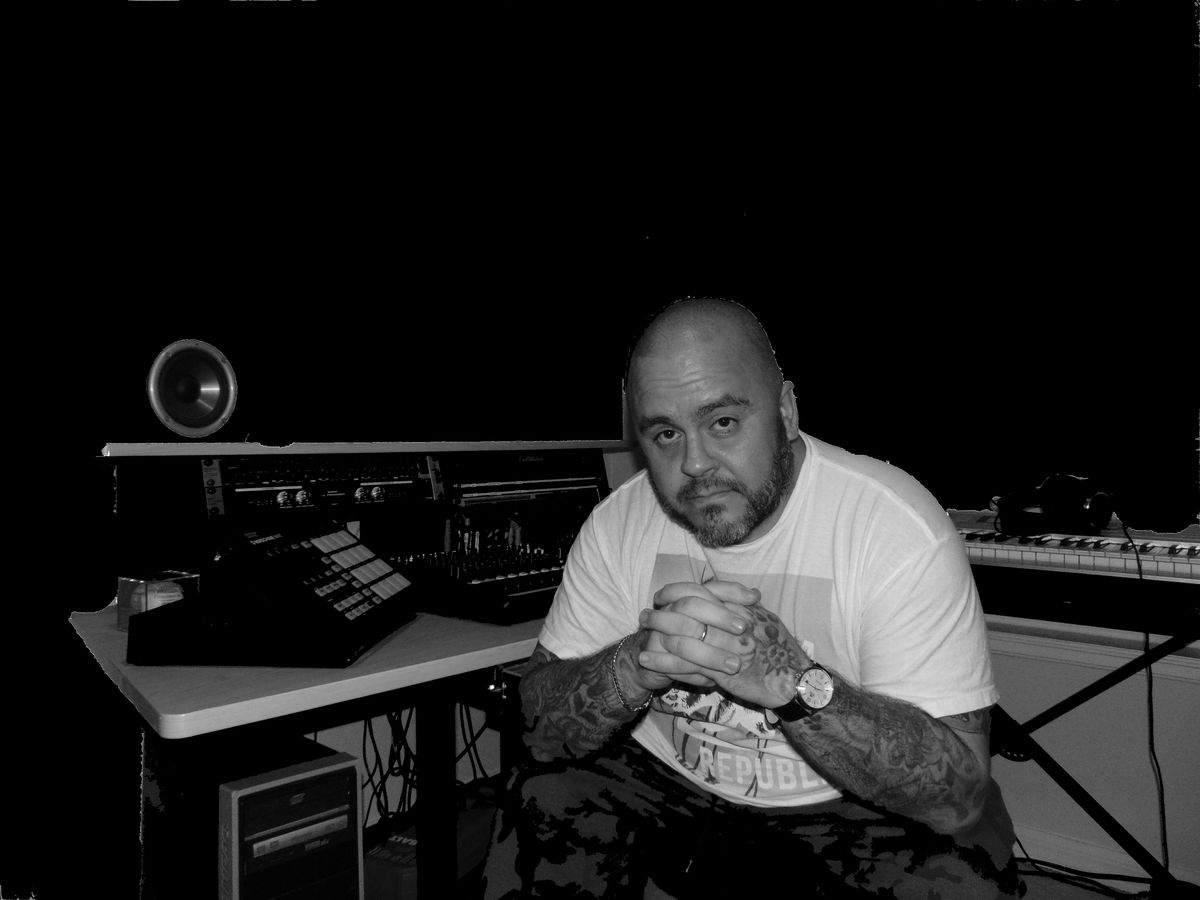
Trademarking Your Stage Name

Alan Dufner
Music promotion and marketing knowledge
Trademarking your artist or band name is crucial for protecting your brand identity. It provides legal ownership of the name, preventing others from using it for similar purposes. This helps avoid confusion among fans and ensures that you have exclusive rights to your name in the music industry.
Trademarks also enhance your ability to enforce and defend your brand against infringement, ultimately safeguarding your artistic reputation and commercial interests. My general rule is, once you start to make money with your music, you should probably consider applying for a trademark.

Trademarking an artist or band name can be cumbersome due to potential conflicts with existing trademarks or not understanding how to file correctly. I know this first hand; when I filed for a trademark for my stage name, I tried to do it myself. It was denied twice because I was not filing the name correctly. I was lost and had to hire a lawyer to help me. Because of my mistakes, it took over a year before I had my trademark complete. So I highly recommend hiring an entertainment lawyer to help. I paid about $400 for my lawyer to help get it in order.
If you feel like you are capable of doing it yourself, here are the basic steps on how the process works.
It all starts with a search: check existing trademarks to ensure your name is unique in your industry. There is a general search function on the trademark website. Once you see there are no other existing trademarks that may conflict with yours, you need to determine the relevant classes for your trademark. In music, it’s often Class 41 for entertainment services.
Next, you can submit a trademark application with the appropriate intellectual property office (e.g., USPTO in the United States, EUIPO in Europe). They will ask you to provide a clear and accurate description of the goods or services associated with your name. Be prepared to include specimens, such as album covers or promotional materials, to demonstrate actual use of the name in the music industry.
After you file, it is just a matter of keeping track of your application’s status and respond promptly to any requests or objections. It takes time for the process to run. Once your trademark is ready to be approved, they will list your trademark in their weekly online Trademark Official Gazette.
Once it is published in their Gazette, it begins a 30-day period during which any member of the public who thinks they’ll be harmed by the registration of your trademark may oppose it. If someone does oppose it, they may reject your trademark or it may go to court to see if it clearly does conflict with the other parties trademark. If there are no people that oppose it, your trademark will be registered, providing legal protection. Consulting with a trademark attorney is advisable to navigate the process effectively and ensure a stronger legal foundation for your artist or band name.
Once it is done, you will have a feeling of accomplishment. It was a long process for me, but totally worth it in the end. Now, once you have your trademark, it still must be maintained.
To maintain a trademark, you must regularly use and defend it against infringement. Regularly renew the registration, typically every 5-10 years, by filing necessary documents with the relevant trademark office. Consistent use in commerce is crucial, as non-use might lead to abandonment. Monitoring for potential infringements and taking legal action when necessary helps protect the trademark’s integrity.
The way I explained it may sound intimidating, but if you get the help from an entertainment lawyer, the process can go pretty smooth. For more information you can visit the Patent and Trademark website at https://www.uspto.gov
About the Author:
Torrio is a musician from Cleveland, Ohio, with significant achievements in the music industry. Starting in the early ’90s, he co-founded a production company and worked with Rival Records, promoting notable artists and releasing three nationally recognized albums. These albums, featuring collaborations with both local and national artists, earned radio play and award nominations. Torrio also holds a degree in Social Sciences with a focus on studio engineering and music business.